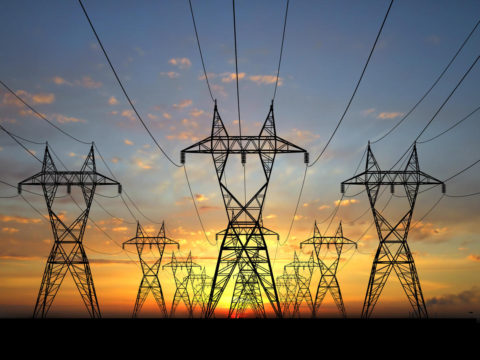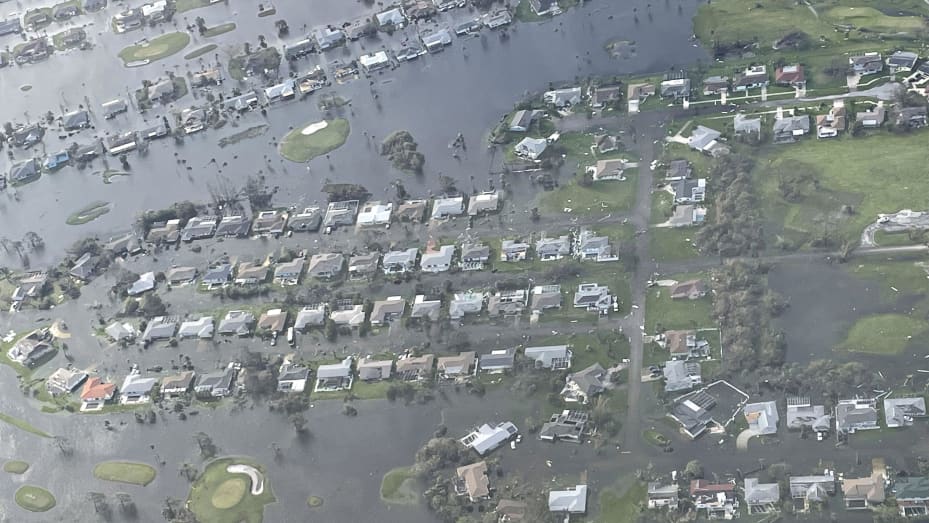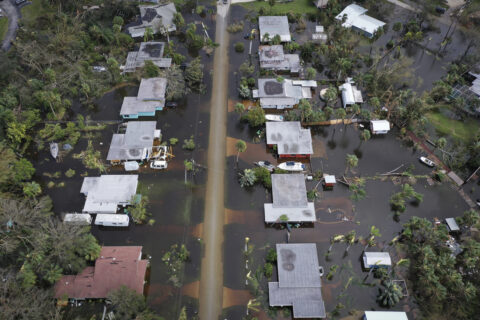Podcast: Play in new window | Download
Subscribe: RSS

Another victim of “customer service.”
Just about every large organization in this country, from retail companies to medical practices, has constructed an elaborate automated procedure that they call customer service. It is misnamed. Almost without exception, “customer service” is in reality corporate service, designed to enhance the convenience of the business, not the customer, and to make sure no corporate employee has to actually talk with a customer, let alone a pissed-off customer.
No organization hires enough people to handle the easily predictable volume of customer calls, so the first thing that happens when you finally have to call is, you get put on hold. Tinny, upbeat digital music blasts in your ear, and every 30 seconds a very enthusiastic recording reminds you that “we care about your call.” Just not enough to answer it. It will be answered, says the voice that sounds like it is on some spectacular controlled substance, “In the order in which it was received,” Years have passed since I first heard that formulation, and I still do not know what it means. Are some calls in disorder when received? Continue reading
 I have developed a unified field theory that explains everything that is rancid in the industrial world. Excess wealth, I propose, is the ultimate source of the steady crapification of our political, economic, social and private lives.
I have developed a unified field theory that explains everything that is rancid in the industrial world. Excess wealth, I propose, is the ultimate source of the steady crapification of our political, economic, social and private lives. 
 She wailed the question to a passing TV helicopter as she struggled down a street in New Orleans, chest-deep in the filthy floodwaters of Hurricane Katrina. The memory has stuck to my conscience like a burr to a saddle blanket for all these seventeen years, not only because of the depth of human misery and desperation the question expressed, but because of the assumption behind it: that someone, somewhere, knows what we are supposed to do, and if we could only find out what it is, and do it, or have done it, everything would be all right again.
She wailed the question to a passing TV helicopter as she struggled down a street in New Orleans, chest-deep in the filthy floodwaters of Hurricane Katrina. The memory has stuck to my conscience like a burr to a saddle blanket for all these seventeen years, not only because of the depth of human misery and desperation the question expressed, but because of the assumption behind it: that someone, somewhere, knows what we are supposed to do, and if we could only find out what it is, and do it, or have done it, everything would be all right again. 
 A funny thing happened while we were watching the bright shiny objects being juggled for our entertainment by the contestants in the bewitching midterm elections: the U.S. oil industry went code blue.
A funny thing happened while we were watching the bright shiny objects being juggled for our entertainment by the contestants in the bewitching midterm elections: the U.S. oil industry went code blue.


